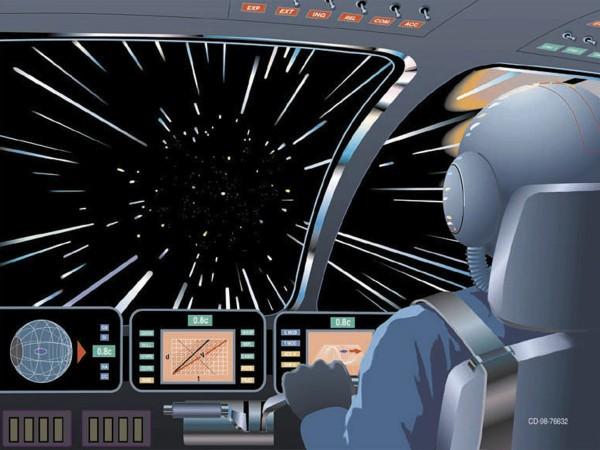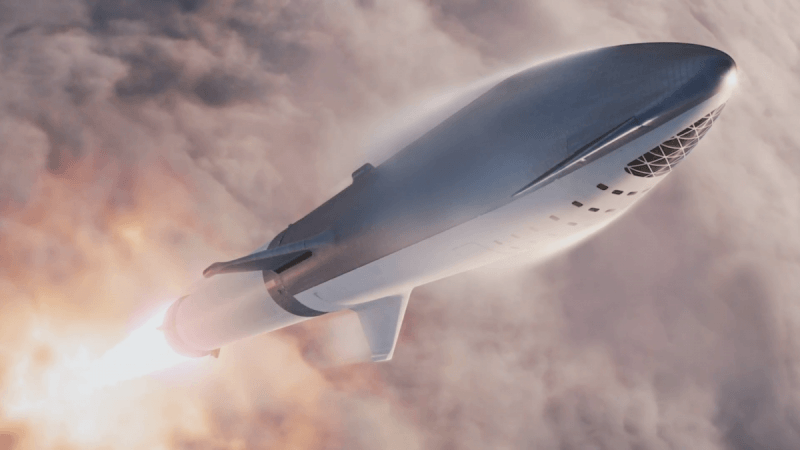
A NASA-backed study has found that a Mars journey could kill astronauts by destroying their Gastrointestinal (GI) tracts, their guts and then cause cancers. The study not only covers Mars journeys but any form of a long-term deep space journey.
The study comes on the heels of another recent research that found that humans could suffer brain damage in deep space and even age astronauts prematurely, reports the Independent.
Humans going to Mars is no more a pipe dream and multiple space agencies and private companies are building rockets and designing habitats for humans to live, work, and colonise the red planet. It is also a fact that the Martian environment is anything but friendly, the lack of air, intense cold, weak gravity, and cosmic radiation is a real danger that future Martians will have to contend with, however, astronomers and scientists warn that just the journey to the planet is going to be incredibly arduous and filled with unprecedented dangers.
This new study, notes the report put mice through the paces and test subjects were dosed with radiation that can be expected beyond the protective reaches of Earth's magnetic fields. The mice developed GI disorders and long-term functional alterations to their digestive system. In addition, the stomach, colon, and other organs in the gut could inadvertently develop serious tumours, the researchers found.

"Heavy ions such as iron and silicon are damaging because of their greater mass compared to no-mass photons such as x-rays and gamma (γ)-rays prevalent on earth as well as low mass protons in outer space," said the study's senior investigator, Kamal Datta, of the Georgetown University Medical Centre and NASA.
With current shielding technology, he said, it is difficult to protect astronauts from the adverse effects of heavy radiation. While these effects could possibly be countered with the right kind of medicines, "no such agent has been developed yet".
He went on to explain that short trips, like the Moon trips, may not expose astronauts to this level of damage, lasting injury could come as a result of long trips like a journey to Mars—about 6 months long—deep space missions which would be much longer.
One of the reasons why the GI tract could be destroyed, notes the report, is because of the way it functions. It is constantly changing and renewing itself, its cells changing all the time. The top layer of cells is replaced every three to five days, while new cells move in to take their place as they pushed down. Disturbances to this delicate process, will lead to its malfunction and even though the mice were given low doses of radiation, they were given it for longer periods and irreversible changes had been noted.
The report mentions that the same could happen to any other organ or bodily system, this is not restricted to the GI alone. More study and further research will be conducted, say the scientists. "It is important to understand these effects in advance so we can do everything we can to protect our future space travellers," said Dutta.















